Psychological therapies and interventions specification: easy read summary
Easy read summary of the new national psychological therapies and interventions specification, setting out aims to improve the delivery of psychological therapies and interventions for everyone accessing and delivering these across Scotland.
The Outcomes
The following outcomes explain what you should expect when receiving psychological practice. This plan and the outcomes will be reviewed regularly and updated as needed.
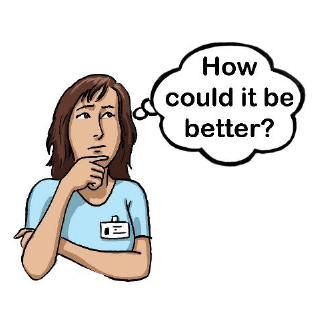
Outcome 1: High Quality Care That Is Right for Me
Everyone who needs and wants psychological practice deserves to get high quality treatment and the right support. This will be given by properly trained professionals.

What this means for me:
When I get help, a psychological plan for my treatment will be agreed with me. This will include my problems, needs, causes and treatments.
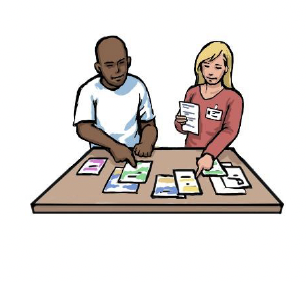
I will be sure that the professionals seeing me are trained to offer me treatments that I need.

Special questionnaires will be used to measure my progress during treatment so I can see how the psychological practice is helping me.

There will be clear information about involving your family or friends in your treatment if you want.

What this means for services, teams, and professionals:
The person will be seen within 18 weeks from referral to treatment. The people who need help the most will be seen first.

Services, professionals, and teams will try to reduce delays and waiting times across Scotland. Where possible, this should be the same in all parts of Scotland.

Leadership should help staff and teams to give the best quality services.

Services and teams should think about involving peer support workers. These are valuable members of the community who can help make services and systems better.

Outcome 2: I Am Fully Involved in My Care
People are fully involved in their care and care planning. Professionals work well together to plan care.

What this means for me:
The psychological practice offered should be based on my needs. This will help me to improve the quality of my life.

I can choose which members of my family or carers can come with me when appropriate.

I will be involved in helping to make decisions about my treatments. This will help to set goals, which will be regularly checked.

The length of the appointment will be based on my needs. Appointments are usually around an hour, but they may be shorter or longer. This will depend on my needs and where I am seen.

If I say I want to get help, I will be offered:
A first appointment with a trained professional, ideally within a maximum of 12 weeks.

Advice from the professional about what might help me. The type of therapy or intervention offered may or may not start at this first appointment.
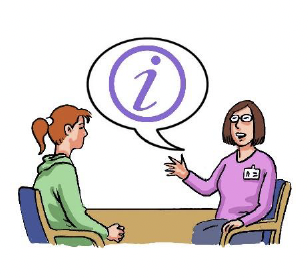
Copies of letters about me in language that I understand.

Access to self-help, information leaflets and treatment plans, if the professional seeing me thinks they would help me.

The first meeting with a professional or team will feel helpful and meaningful to me. All advice and treatment offered will be based on the advice of the professional helping me.

Any more appointments or treatments will be offered depending on my needs and the advice of the professional who saw me.

I will have started treatment no longer than 18 weeks from referral. Once treatment has started, appointments will be regular and will happen as set out in my treatment plan.

I will have support from a carer or professional if I have difficulty understanding or agreeing to therapies or interventions offered.

What this means for services, teams, and professionals:
Staff will have access to a team of professionals with different skills and experience. They will work together to offer the best treatments for the person needing help.
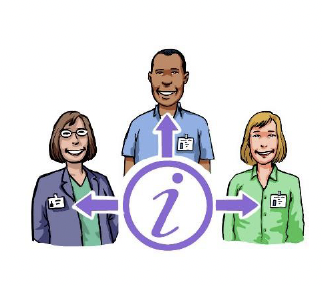
Where helpful, the person needing help will be given options for therapy or interventions that are available and accessible to them. This could be digital, group work or in person.

If the person needing help has not started treatment within 18 weeks of referral, the service or team will be in touch with the individual within a maximum of 12 weeks.

This will let them know how long their wait will be and let them say if they still want to be seen. They can also talk about other support that may be available to help them while they wait.

Outcome 3: High Quality Interventions and Treatments That Are Right for Me
All psychological practice must be right for those getting care. This will make sure that we get the best results.

What this means for me:
The Psychological Therapies Matrix is the main guide for psychological therapies and interventions in Scotland. This will be used to get the best help I need.
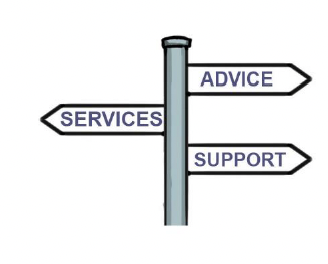
The psychological practice I get will be suggested by the professionals I see. It will be based on the best evidence and my views and needs.

I can discuss my needs with a health care professional like my GP if I feel my psychological health is not getting better.

The appointments offered to me will be part of my treatment plan, so I know what to expect.
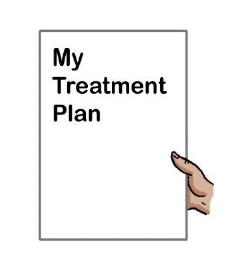
What this means for services, teams, and professionals:
Psychological practice should be given as part of a joined-up care system. This means people do not have to keep telling their story. Staff will work well together so that a person can move between different services as smoothly as possible.

Professionals should use their knowledge and skills to decide how many appointments might be best for the person.
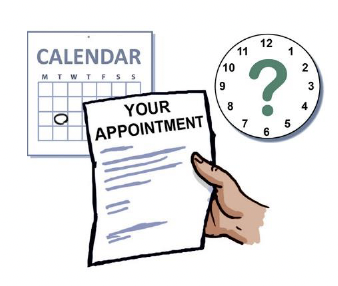
If the person misses an appointment, their case should not be closed. They should be contacted to discuss the reason.
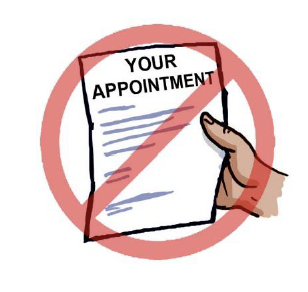
Outcome 4: My Rights Are Respected
When I get psychological treatment, I will be treated equally. My rights will be protected and my care will be about me.

What this means for me:
Any treatment plans offered to me will be written in a way I can understand. I should be asked about and involved in my treatment plan.

I will be asked for feedback about my treatments. This will make sure that psychological practice keeps getting better for everyone.

What this means for services, teams, and professionals:
People accessing services will be listened to. This will make sure services keep getting better.
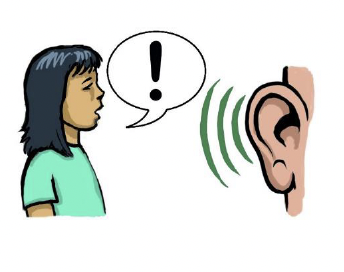
Outcome 5: I Am Fully Involved in Planning and Agreeing My Transitions
Transitions for people getting psychological treatments from different services can be challenging. A smooth transfer of care should be well planned and follow the Scottish Government’s Transition Care Planning Guidance.

What this means for me:
It will be important to have a good working relationship with the trained professional helping me. It will be the same professional that sees me wherever possible.

Any risks of harm to me or others will be clearly set out in a care plan.
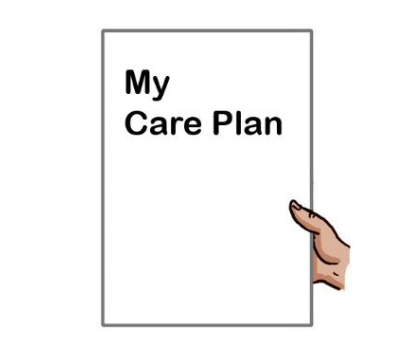
If the person giving my treatment changes, this will be done in a way that suits me best. This might not always be possible.
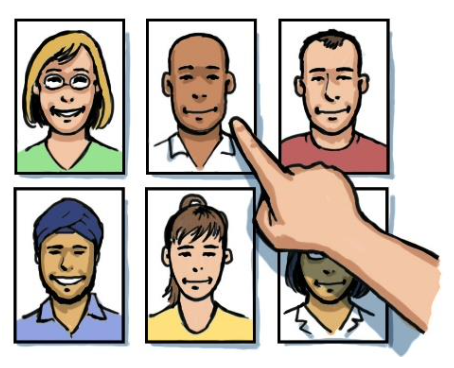
What this means for services, teams, and professionals:
There will be clear and regular communication between professionals. Especially if there is any transition of psychological treatment. If possible, the professional who knows the person best will support their transition.

Outcome 6: We Fully Involve People, Their Families and Carers
Services, teams, and professionals will work with people, their families, and carers to plan and deliver services.

What this means for me:
The people who support me including carers, family, or friends may help me with my treatments, if I want. I can have someone with me when I am looking for the treatment, if I want and it is appropriate.

What this means for services, teams, and professionals:
Carers often need help too.They should be told where to get support and resources if they want them.

People with lived experience and their families should be asked for feedback. This should be a part of regular service planning.

Outcome 7: I Have Confidence in The Staff Who Support Me
What this means for me:
Information will be available about the roles and qualifications of all staff delivering my service. This will be in an accessible format.

I can be sure that the professional helping me is properly trained and supervised so that they are delivering high quality practice.
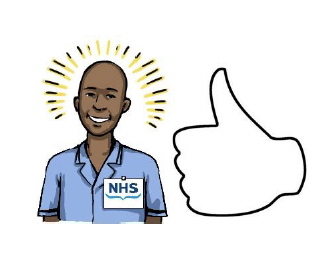
My views and the views of those who support me will be asked for. This will be used to help make psychological practice better.

If I get help from more than one professional (like a psychologist, a nurse, and a doctor) they should discuss my plan together. This will mean I get the best help possible. I will be told that they are discussing my needs.

What this means for services, teams, and professionals:
Good leadership should help professionals to do their best work. The public should know that staff and teams are giving the best quality services.

There should be time for joint working between professionals. This is to make sure they work well together and give the help needed.

All NHS Boards across Scotland will have clear leadership from a Director of Psychology. The Director will work with leaders in Health and Social Care. This will be done to make sure the public get high-quality help.
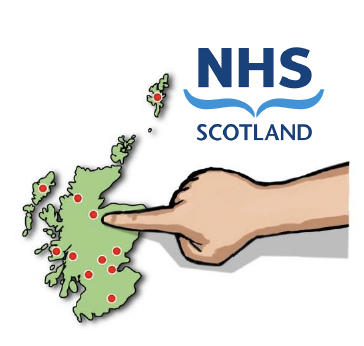
There will be enough money for psychological services. There will be enough staff and teams to meet local demand. Directors of Psychology can help plan services.
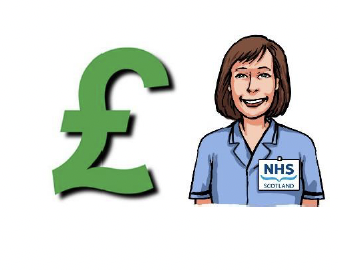
Staff will be trained to give the best services. All professionals providing psychological practice will have access to learning materials and will keep their training updated.

Contact
Email: ptspecification@gov.scot
There is a problem
Thanks for your feedback